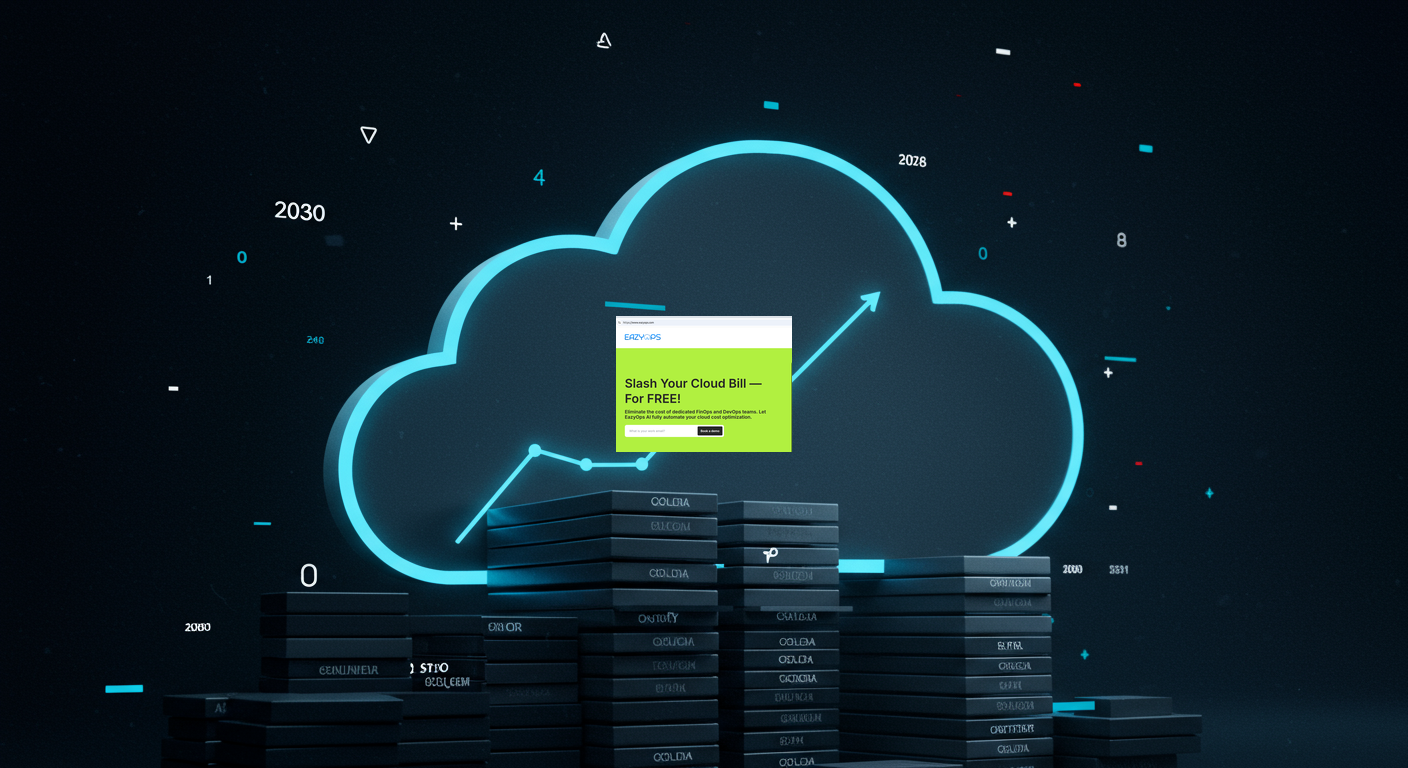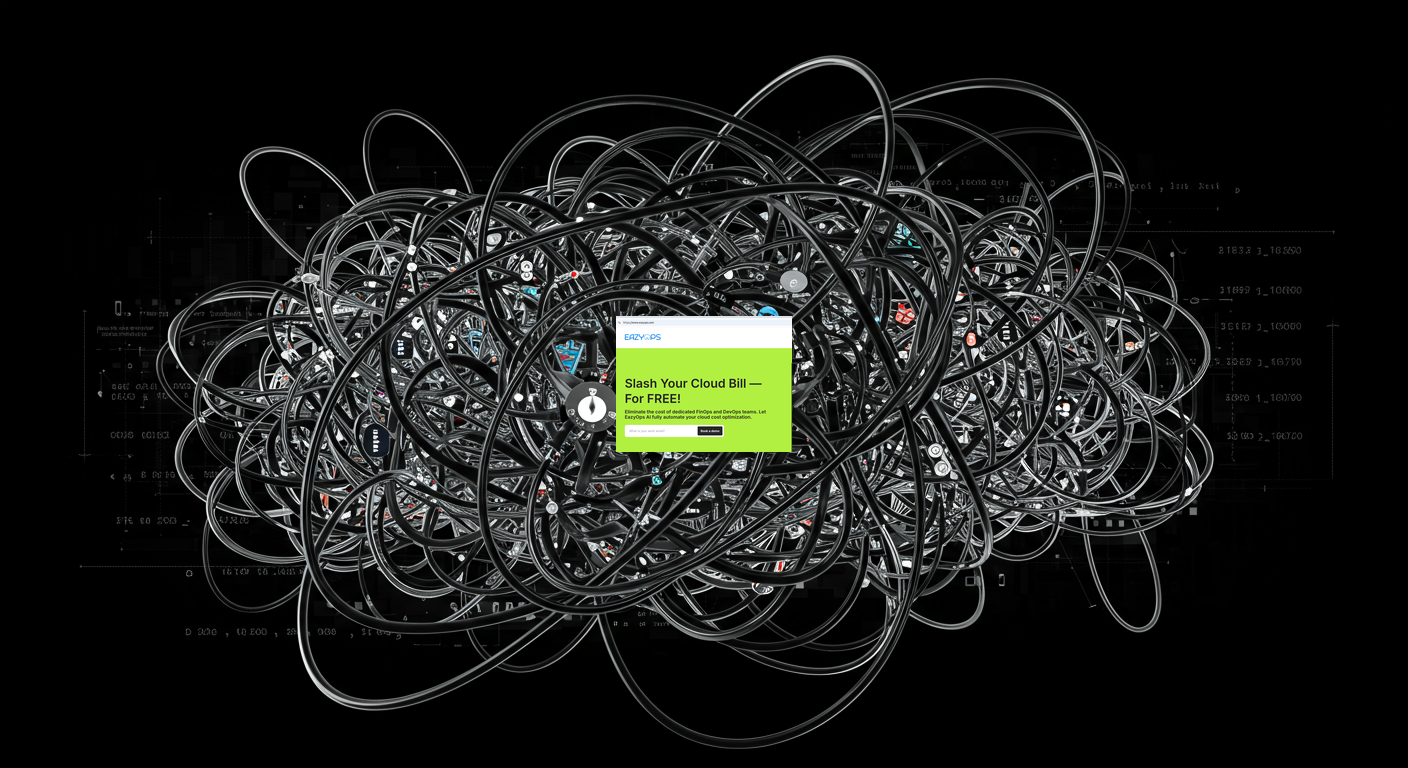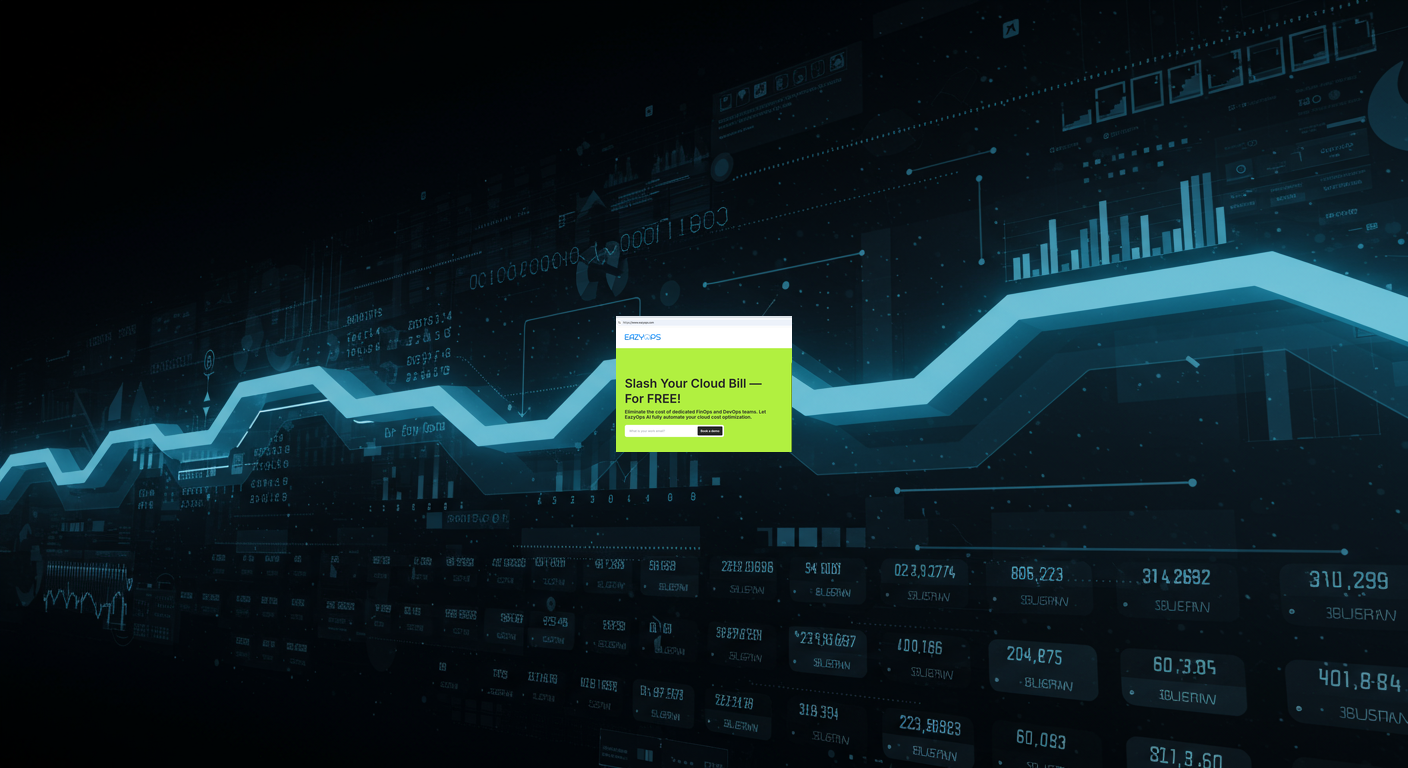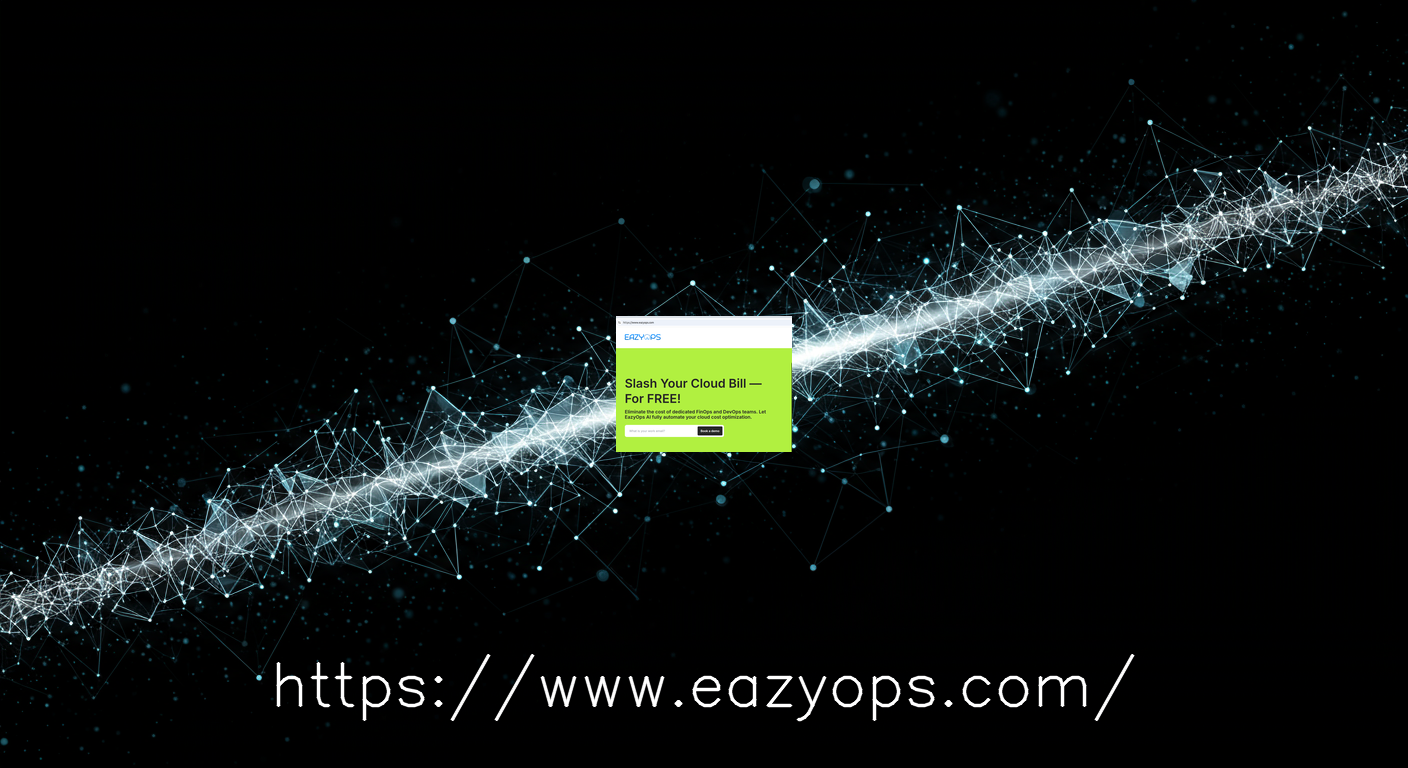Azure Disk Tiering Neglected: How We Saved $2,000 a Month
"Why are we spending $3,000 a month on Premium SSDs for archival data?"
That question from our CFO kicked off a deep dive into our Azure storage costs. We knew we were using Premium SSDs for performance-sensitive applications, but $3,000 a month seemed excessive. It turns out, we had a silent storage killer: neglected disk tiering.
The Premium SSD Trap
Like many engineering teams, we had opted for Premium SSDs early on for their speed and reliability. They were the easy button for ensuring application performance. The problem? We hadn't revisited our storage strategy as our data volumes grew. We were paying a premium price for performance we didn't need for a significant portion of our data.


Manual Tiering: A Non-Starter
Initially, we considered manually moving older data to Standard HDDs. However, the sheer volume of data, combined with the ongoing effort required to identify and migrate cold data, made this impractical. We needed an automated solution.
EazyOps and the Power of Intelligent Tiering
That's where EazyOps came in. Its intelligent tiering feature analyzes I/O patterns and automatically moves infrequently accessed data to Standard HDDs, while keeping hot data on Premium SSDs. The implementation was surprisingly seamless, requiring minimal configuration.

The Results: Significant Savings and Improved Efficiency
Within a month, our Azure storage costs dropped by 65%, a savings of $2,000 per month. EazyOps not only optimized our storage spending but also provided valuable insights into our data usage patterns, helping us further refine our storage lifecycle management.
Lessons Learned and Looking Ahead
This experience highlighted the importance of regularly reviewing cloud resource utilization. EazyOps proved invaluable in addressing a common, yet often overlooked, area of cloud waste. Now, we're exploring other cost optimization opportunities within EazyOps, including right-sizing VMs and optimizing reserved instances.

About Shujat
Shujat is a Senior Backend Engineer at EazyOps, working at the intersection of performance engineering, cloud cost optimization, and AI infrastructure. He writes to share practical strategies for building efficient, intelligent systems.